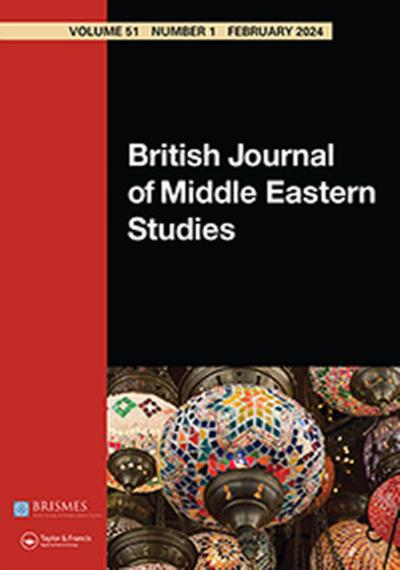Peacebuilding: Lessons for Afghanistan?
How to cite this publication:
Astri Suhrke, with Kristian Berg Harpviken, Are Knudsen, Arve Ofstad, Arne Strand (2002). Peacebuilding: Lessons for Afghanistan? Bergen: Chr. Michelsen Institute (CMI Report R 2002:9)
This report examines lessons from previous peacebuilding efforts in Afghanistan, and from other countries, in order to highlight issues of central relevance for the present phase of peacebuilding and economic recovery. It consists of two papers commissioned by the Norwegian Ministry of Foreign Affairs. The report argues that the most promising strategy is to strengthen national institutions. At the same time, the report warns against a rapid infusion of funds for reconstruction, and proposes a careful start with a long-term perspective. Placing a large assistance package on the table at the present time may encourage a fight over "the spoils of peace", and entrench the power of the warlords. There is no blueprint for peacebuilding based on experiences from other countries, but relevant lessons are nevertheless found. Innovation, risk-taking and flexibility are important in formulating strategies. Most important in Afghanistan is to establish institutions that will prevent future conflict among the victors. Employment generation and external budget support to core state functions are essential, while security sector reforms will be difficult and require a long-term approach. The modest UN mission will leave a "light footprint", but other actors seem to counteract this positive feature.



